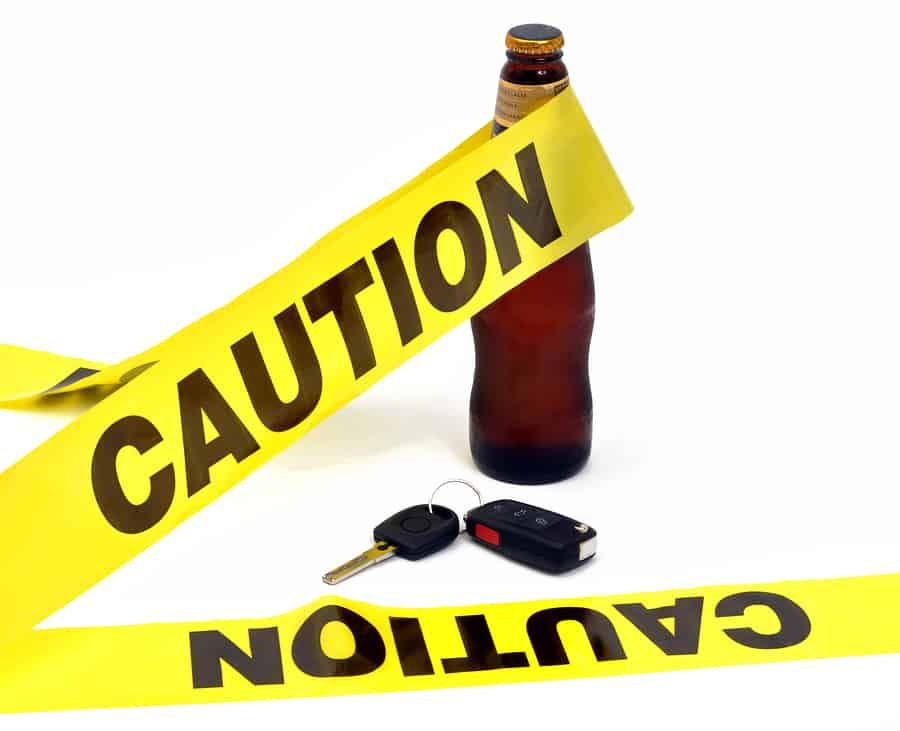 All 50 states have car breathalyzer or ignition interlock laws today, but, each state has its own guidelines for when to require the devices and for how long, depending on the drunk driving conviction. However, every state agrees that using ignition interlocks helps keep our streets safer. A majority of ignition interlock laws have been in place for several years and most states continue to refine ignition interlock guidelines in order to provide safe roads for us all.
All 50 states have car breathalyzer or ignition interlock laws today, but, each state has its own guidelines for when to require the devices and for how long, depending on the drunk driving conviction. However, every state agrees that using ignition interlocks helps keep our streets safer. A majority of ignition interlock laws have been in place for several years and most states continue to refine ignition interlock guidelines in order to provide safe roads for us all.
Late 2014 ignition interlock law changes include:
- First-time offenders in Mississippi must now use an ignition interlock device (IID) for at least 90 days. This IID requirement for first-time offenders will help give drunk driving offenders the opportunity to keep a DUI off their permanent driving record.
- Emma’s Law went into effect last week in South Carolina. The law is an update to existing DUI laws, affecting first-time offenders with a BAC of .15 or higher at the time of their arrest. First-time DUI offenders have to use an IID for a minimum of 6 months and repeat offenders will use the device for two years.
- In Maryland, repeat DUI offenders will have to use an IID for a year or face a year’s suspension of their driving privileges. Offenders are also required to get an IID installed on all work vehicles.
Drunk driving is a often an irresponsible choice that can have long-lasting effects on the offender and anyone who may be injured, or worse, as a result of those behaviors. With ignition interlock laws, we are all reassured that once a person is convicted of driving drunk, the odds of that happening again decrease significantly. With each state that increases the penalties for drunk driving, including requiring ignition interlock devices for all offenders, we are all able to breathe a little easier knowing our drive home won’t be interrupted by another person’s bad decisions.

 How Your Car Breathalyzer Helps You Get Your Life Back
How Your Car Breathalyzer Helps You Get Your Life Back